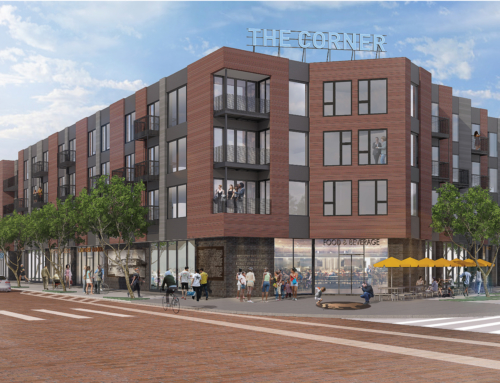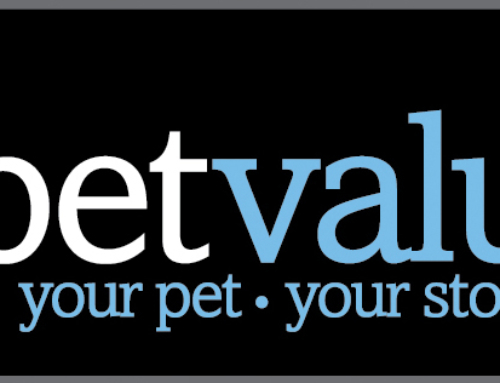This is a guest blog post written by Mac MacDermaid,
Marketing Specialist for Stokas-Bieri Real Estate.
“Do you actually use all those?” my boyfriend joked as he looked at the mountain of plastic tags on my key ring, which closely resembled a janitor’s key ring. They had been on there so long that I really didn’t notice them anymore. In my defense, I didn’t realize you could just type in your phone number at checkout instead of scanning the tag’s barcode. Actually, I didn’t realize that these tiny cards were a way for retailers to track consumer spending. It’s either because I wasn’t smart enough to put those puzzle pieces together or because I was so jazzed to save money that I couldn’t care less about what they were doing with my information. I didn’t feel as guilty shopping without coupons. That “YOU SAVED $4.01” line at the bottom of my receipt has done wonders for my self-esteem.
Now that I’m older and wiser (than I was seven months ago) I can understand how evaluating customer data can be a powerful tool in helping retailers succeed. Most consumers aren’t quick to give up their info without something in return though. Stores will dish out rewards in the form of rebates, points, gas discounts, coupons, etc. And for everyone I know, it’s worth it.
 There are three general ways retailers receive consumer data. The most popular by far are loyalty programs (all those key ring tags!). “Would you like to sign up for our rewards program? It’s free!” translates to “Would you like to give us all your information so we can track your purchases? In return, you’ll get this fancy reward card, and save money!” Even the single-store nursery by my house offers one of these.
There are three general ways retailers receive consumer data. The most popular by far are loyalty programs (all those key ring tags!). “Would you like to sign up for our rewards program? It’s free!” translates to “Would you like to give us all your information so we can track your purchases? In return, you’ll get this fancy reward card, and save money!” Even the single-store nursery by my house offers one of these.
Even though redemption rate is low, rebates are another common way of collecting consumer data. Consumers are much more likely to give their correct e-mail and mailing address because they want to ensure they receive the rebate check. Jackpot for retailers. As more companies move into online rebate submission, I speculate that more consumers will be filling these out. I’m actually shocked that some companies still have paper mail-in rebates. Just yesterday I snail-mailed a rebate form to Menard’s. As I dropped the envelope in the mailbox I sadly said, “Good luck little guy. I hope you make it.”
Technology continues to blow my mind on a daily basis, but especially in this last way: using beacon technology for consumer data analysis. As you enter store XYZ, the store’s app is triggered. It then sends push notifications about sales to your phone. The app can actually track your path through the store, record how long you look at the notification and how long you are paused at a store display. At first I thought I had never heard of this, but I just didn’t know it by the name “beacon”. One app called “shopkick” launched in 2013 and has over 13 million users. Wowza. You earn points called ‘kicks’ by browsing through deals and scanning the barcodes of featured products. ‘Kicks’ can be redeemed for specific products or gift cards.

Restaurants are really stepping up their game and getting creative with data analysis as well. They are not necessarily collecting your personal information – they are more interested in tracking sales. Chili’s, Outback, Applebee’s, and Olive Garden have all incorporated tabletop tablets. Guests can browse the menu, order, and pay using the device. This time it’s not saving money that’s the trade-off for this convenient gadget. Actually, it has the opposite effect. Chili’s reported a 20% increase in dessert sales and also an increase in tips with diners who use the tablet. Customers may be spending more money but they are saving more time. You no longer have to wait for a server to take your order or pay the bill. It’s definitely a win-win.
If you are a business owner, a building owner, or a retailer; you know the importance of catering to your clients. If you generalize your business, you won’t get nearly the same results and may end up falling behind your competitors. Offering rewards to loyal clients (or even knowing what to offer and when to offer it) is the business of the future.
How has your business benefited from data analysis? Have you benefited from retail rewards programs? Let us know in the comments below.





Leave A Comment
You must be logged in to post a comment.